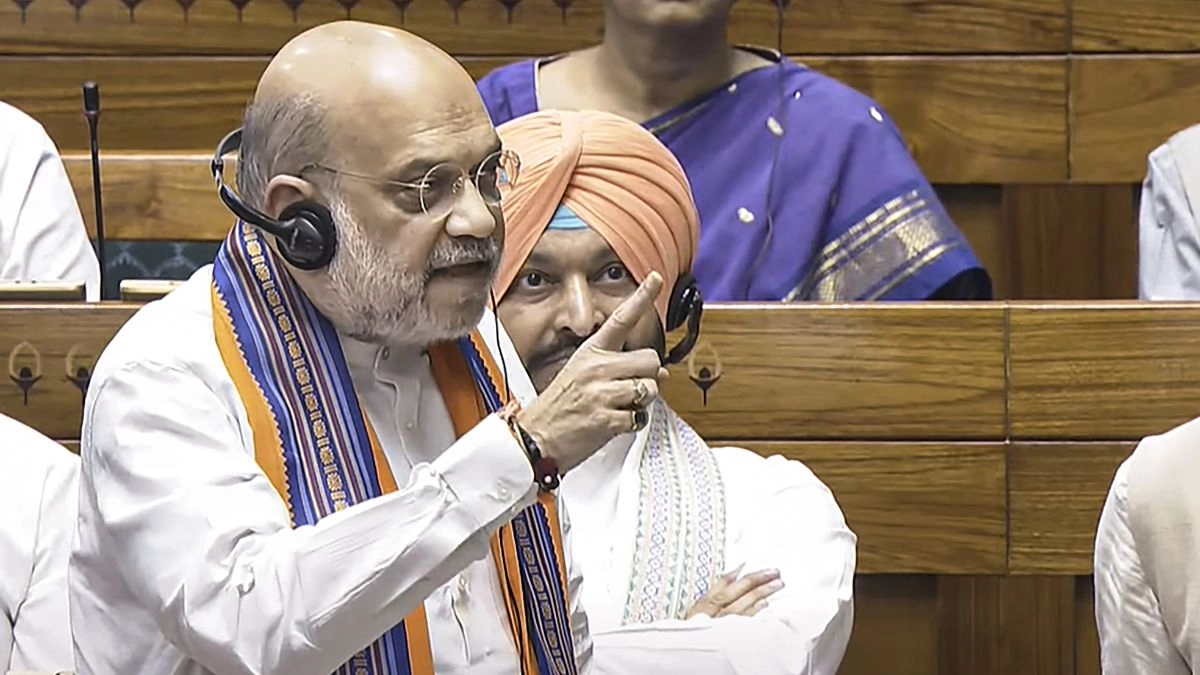The recent parliamentary session has turned contentious as the opposition fiercely confronted the government over the controversial ‘Criminal MPs’ Bill. This legislation aims to address the issue of lawmakers with criminal backgrounds, a topic that has long been debated in Indian politics. The opposition, led by various parties, has expressed strong disapproval of the bill, arguing that it may not adequately address the root issues of corruption and criminality within the political system. In a dramatic display of dissent, opposition members took to throwing paper at Union Home Minister Amit Shah during discussions, highlighting their deep frustration with the government’s approach to this sensitive issue.
The ‘Criminal MPs’ Bill is designed to disqualify elected representatives who have been convicted of serious criminal offenses, a move that many believe is necessary for restoring public trust in the political process. However, critics argue that the bill falls short of its intended purpose, as it does not take into account pending cases or the time taken for judicial proceedings, potentially allowing numerous politicians with questionable backgrounds to continue in their roles. This has led to heated debates in both the Lok Sabha and Rajya Sabha, with opposition leaders demanding a more comprehensive reform that holds lawmakers accountable and ensures transparency.
The confrontation reached a peak during the session, with opposition leaders vocally criticizing the government’s failure to prioritize ethical governance. The act of throwing paper at Amit Shah was symbolic of their discontent, representing a broader call for accountability among lawmakers. The incident has drawn media attention and public scrutiny, igniting discussions about the integrity of the political class. As the debate continues, it remains to be seen whether the government will address these concerns or push forward with the bill as it stands, potentially deepening the divide between the ruling party and its opponents.
In light of these events, the importance of electoral reform and the fight against corruption in Indian politics has once again come to the forefront. The opposition’s actions signal a growing impatience with the status quo and a demand for systemic changes that can lead to a cleaner political landscape. As the legislative process unfolds, the implications of the ‘Criminal MPs’ Bill could reverberate through future elections, shaping the way voters perceive their representatives and the overall trust in democratic institutions. The coming days will be crucial in determining the fate of this legislation and the potential for genuine reform in the political arena.




